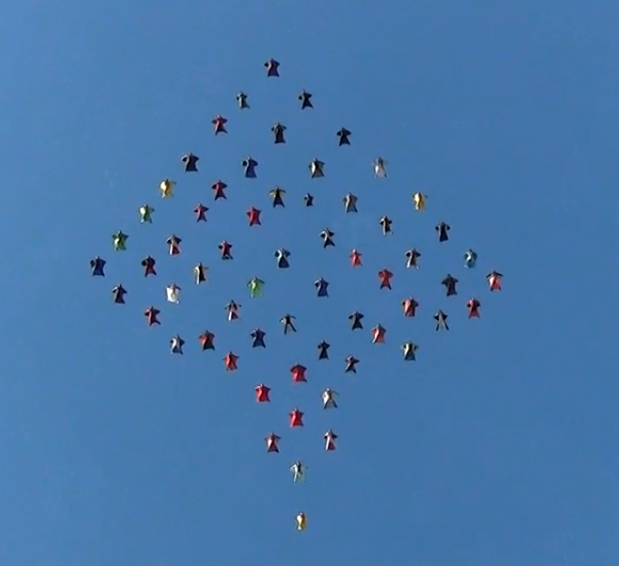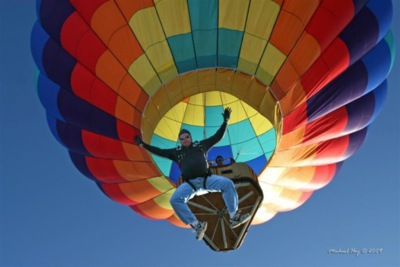Recommended Posts
Lefty 0
DanGI was an Army Reserve Civil Affairs Officer.
PSYOP Officer here. I seem to recall some friendly rivalry between our species...something having to do with CA getting all the money.
Provoking a reaction isn't the same thing as saying something meaningful.
-Calvin
-Calvin
DanG 1
QuotePSYOP Officer here. I seem to recall some friendly rivalry between our species...something having to do with CA getting all the money.
Don't forget, we got the looks and the brains, too.
- Dan G
rushmc 18
Bignugget[
The guy yelling the loudest usually has the least to say
Nuff said
"America will never be destroyed from the outside,
if we falter and lose our freedoms,
it will be because we destroyed ourselves."
Abraham Lincoln
if we falter and lose our freedoms,
it will be because we destroyed ourselves."
Abraham Lincoln
jakee 1,257
SkyradYou think theres no Liberals in the SEALs or the wider military?Quote
Being part of a team. Having each others backs. And defending a nation while keeping your integrity.
Regulator believed in (at least part of) the Mayan 2012 prophecies. Don't be too surprised that he believes stupid shit about this as well.
Do you want to have an ideagasm?
turtlespeed 212
kallend***I was referring to serving in the military in general.
Unless you were a Seal, I probably know more about the Seals than you do
I've also been at sea on 2 carriers (including trap landing and catapult take-off), I've spent a week at Fort Knox on an Army officer training exercise, and flown with the Air Force.
My son spent 8 years in the 82nd Airborne including a tour in Iraq.
And at the end of this month I shall be a guest of honor at the Chicago Navy/Marine Corps birthday ball.
So stick your stupid stereotypes where the Sun doesn't shine.
Which force were you a member of.
Nice Resume'! I'm fairly impressed.
But at least Bignugget thinks you still shouldn't be allowed to have a gun. Isn't that something?
I'm not usually into the whole 3-way thing, but you got me a little excited with that. - Skymama
BTR #1 / OTB^5 Official #2 / Hellfish #408 / VSCR #108/Tortuga/Orfun
BTR #1 / OTB^5 Official #2 / Hellfish #408 / VSCR #108/Tortuga/Orfun





I'm not honored by anything that Regulator thinks.
The only sure way to survive a canopy collision is not to have one.
Share this post
Link to post
Share on other sites